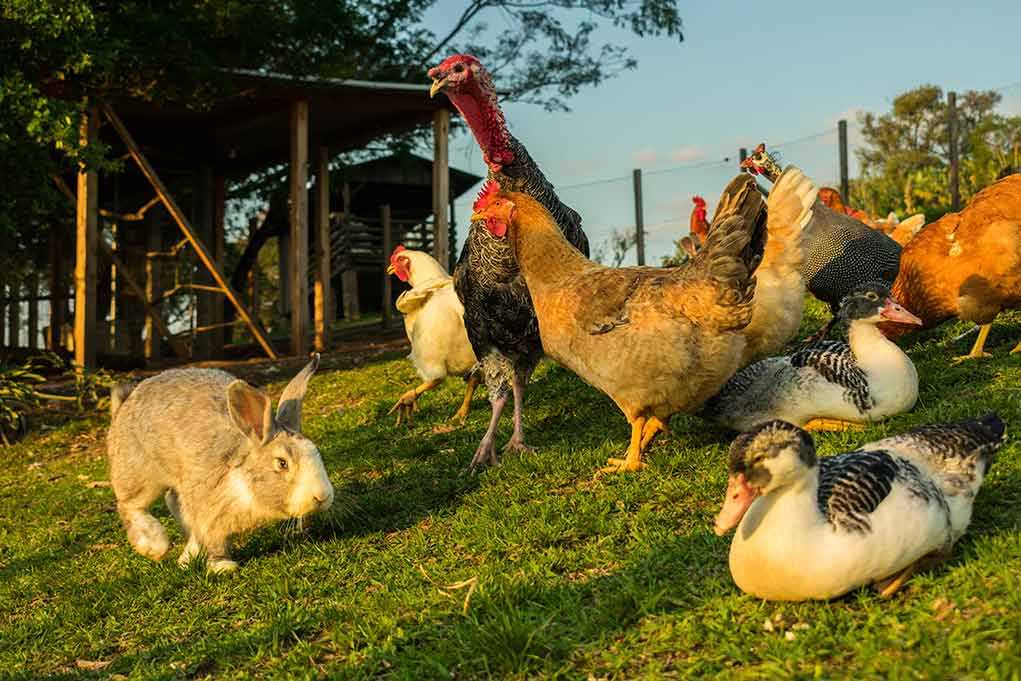
Michigan woman faces $80,000 in fines after city revokes her chicken permit over a neighbor’s complaint, exposing how local regulations can threaten fundamental property rights.
Key Takeaways
- Kathryn Sarkisian invested $23,000 in a chicken coop after receiving proper permits, only to have the city revoke them due to a single neighbor’s complaint.
- The city of Douglas, Michigan is imposing $300 daily fines starting November 2024, potentially totaling over $80,000.
- Two legal organizations have filed a federal lawsuit claiming the city’s ordinance violates 14th Amendment due process rights.
- The ordinance allows neighbors to veto private property decisions without clear standards, appeals process, or hearings.
- The case highlights the contradiction between local restrictions and the USDA’s encouragement of backyard chicken raising.
Property Rights Under Attack in Small-Town America
What began as a simple desire to raise six backyard chickens has escalated into a constitutional battle for Kathryn Sarkisian of Douglas, Michigan. After obtaining all necessary permits in 2023 and investing $23,000 in a proper chicken coop and privacy fence, Sarkisian now faces financial ruin. The city abruptly reversed its decision following a neighbor’s complaint and began imposing daily $300 fines in November 2024, with the total now approaching $80,000 and potentially climbing above $200,000 as officials have been unclear about when the fines began accumulating.
“I was raised in a family that loves this country, that believes in our freedom, that’s grateful for people who fought and who still fight for our freedoms. And those freedoms and rights are very near and dear to me,” said Kathryn Sarkisian.
The situation perfectly exemplifies government overreach at the local level, where unelected bureaucrats and arbitrary ordinances can strip citizens of their fundamental property rights. Sarkisian did everything by the book, obtaining proper permits before making substantial investments. Yet the city’s ordinance allows a single neighbor’s objection—even one filed after the designated complaint period—to override a properly issued permit without providing the property owner any meaningful recourse.
Constitutional Challenge Mounted
Recognizing the serious constitutional issues at stake, both the Farm-to-Consumer Legal Defense Fund (FTCLDF) and the Pacific Legal Foundation have joined forces to challenge the city’s actions. They’ve filed a lawsuit in the U.S. District Court for the Western District of Michigan, arguing that the ordinance violates Sarkisian’s 14th Amendment due process rights by failing to provide clear standards, written notice, or any appeal process. The complaint describes the ordinance as granting neighbors “a standardless and unreviewable veto over Kathy’s use of her own property,” according to PLF’s complaint.
The legal battle highlights how excessive regulatory power in the hands of local governments can threaten the basic principles of property ownership and due process. In this case, neighbors essentially have more say over what Sarkisian can do with her property than she does herself, an arrangement that constitutional experts find deeply troubling. The city’s punitive approach—imposing potentially life-altering fines—adds another layer of government intimidation to an already problematic situation.
Federal Policy vs. Local Restrictions
The timing of this case is particularly ironic given that USDA Secretary Brooke Rollins has been actively encouraging Americans to “make it easier for families to raise backyard chickens.” – USDA Secretary Brooke Rollins Farm-to-Consumer Legal Defense Fund This federal policy position recognizes the value of food independence and sustainability that backyard chicken keeping represents. Yet at the local level, cities like Douglas are making it virtually impossible for residents to exercise this simple right through arbitrary and constitutionally questionable ordinances.
“Are you kidding me? This is our right. These are my chickens,” said Kathryn Sarkisian.
Sarkisian’s frustration reflects the sentiment of many Americans who find themselves trapped between government encouragement of self-sufficiency and the reality of local regulations that make such practices nearly impossible. The disconnect between federal policies promoting backyard agriculture and local ordinances restricting it creates an untenable situation for citizens who simply want to exercise basic property rights while contributing to their own food security. This case serves as a critical test of whether constitutional protections can overcome the growing trend of regulatory micromanagement of private property.











